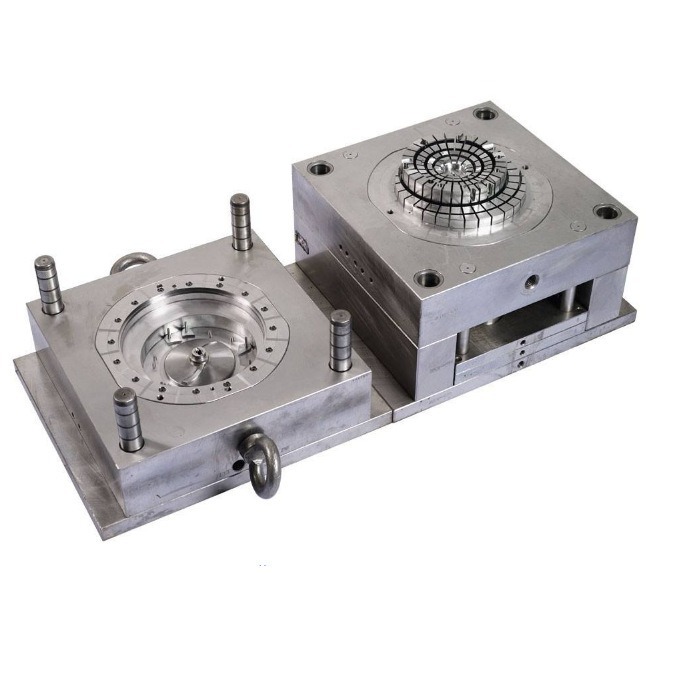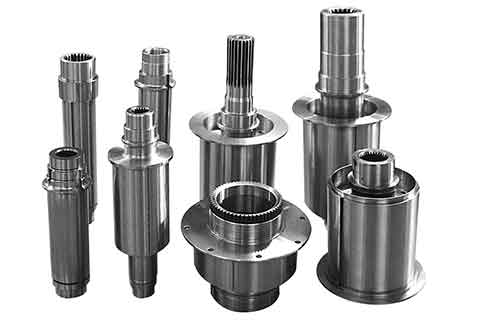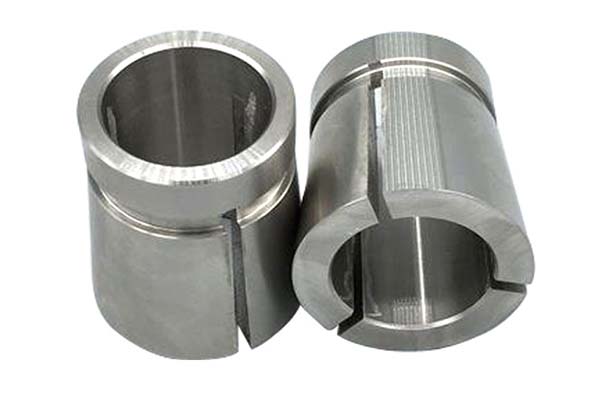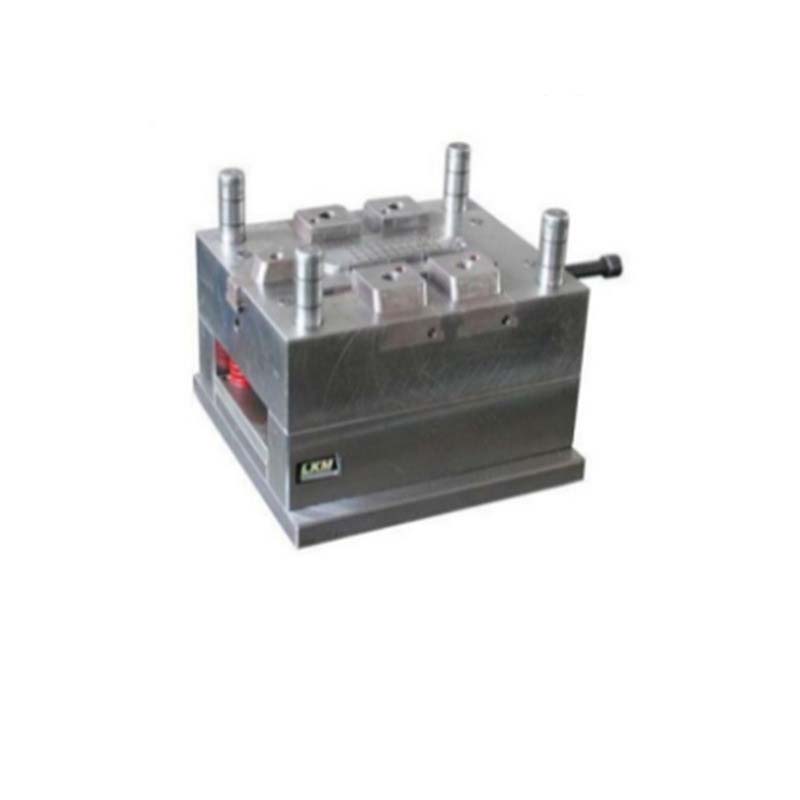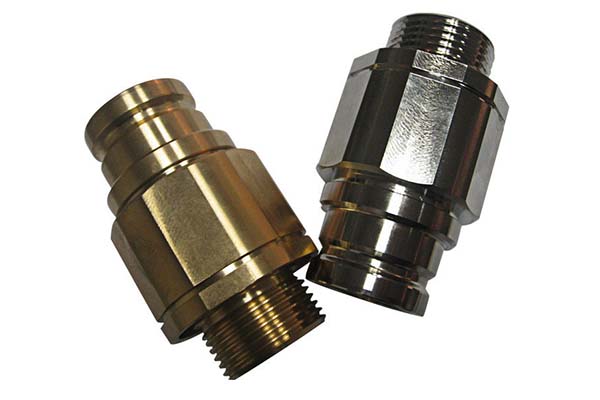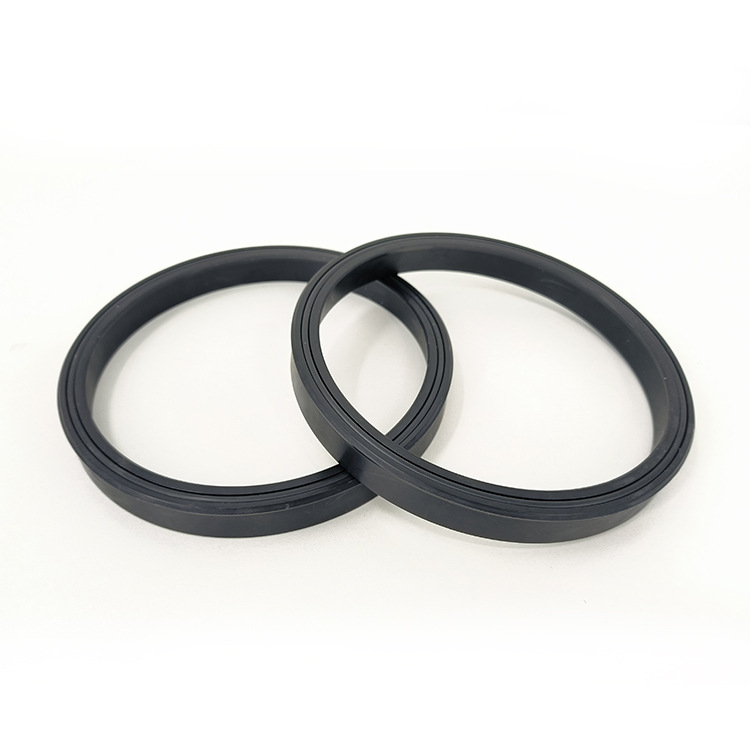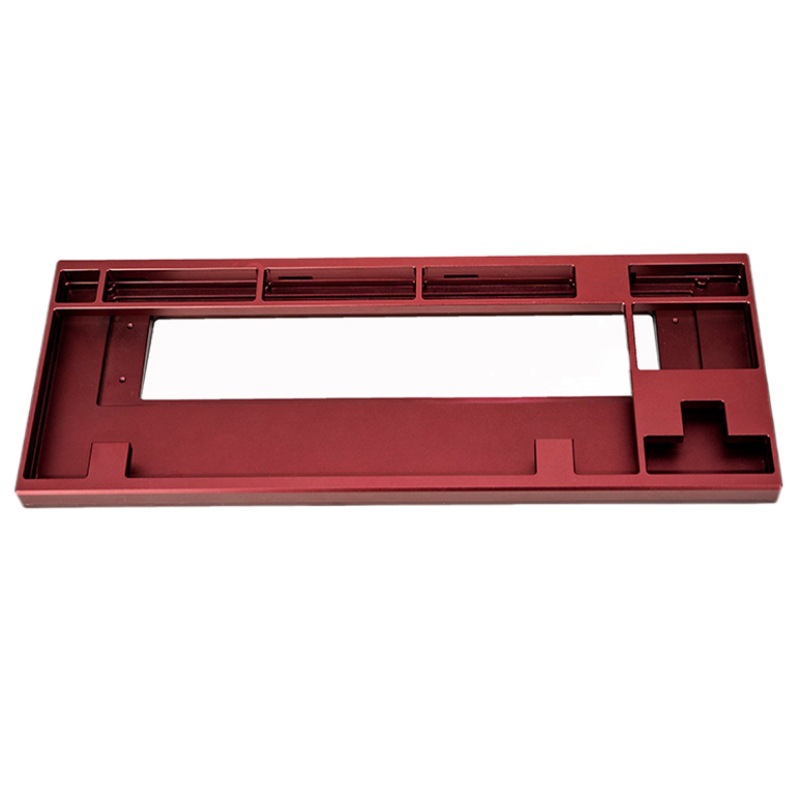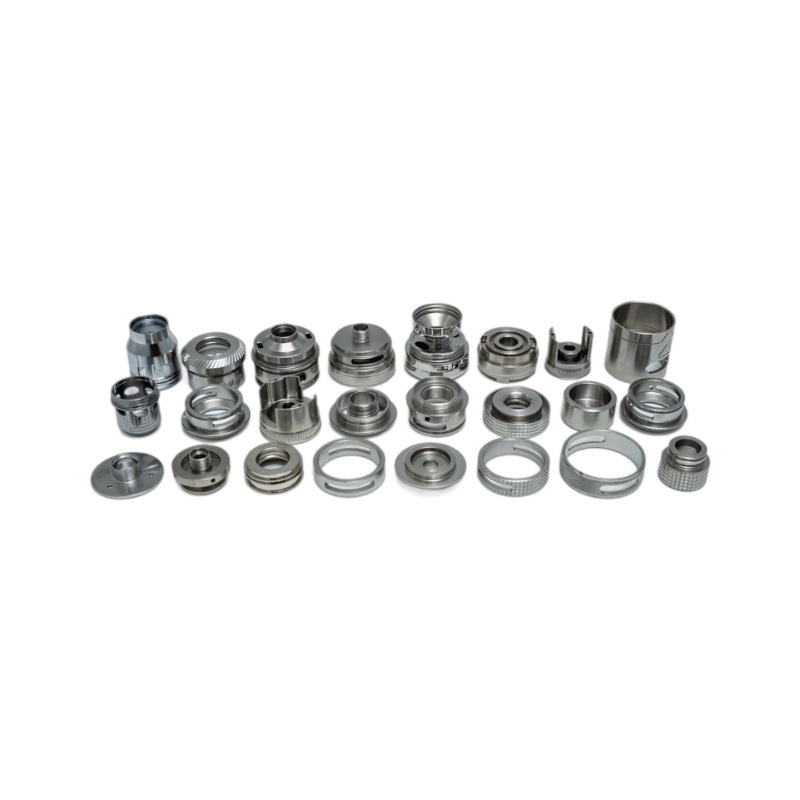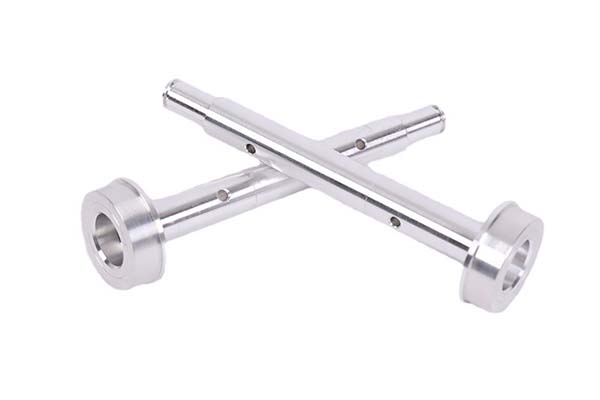Introduction to CNC Machining
CNC machining, or Computer Numerical Control machining, is a highly precise manufacturing process where computer software directs the movement of factory tools and machinery. It involves using automated machines to cut, mill, drill, or shape materials into specified forms based on a digital design. CNC machining is prized for its accuracy, repeatability, and ability to produce complex parts. It is widely used in industries like aerospace, automotive, medical devices, and electronics.
However, achieving high-quality CNC-machined parts depends heavily on the supplier you choose. Selecting the right supplier is crucial to ensuring that your manufacturing process runs smoothly, meets deadlines, and maintains the quality of the final product.
Importance of Choosing the Right Supplier
Choosing the right CNC machining supplier can have a profound impact on your production process. Here’s why:
1. Quality Assurance
A reliable supplier will consistently meet your design specifications, ensuring parts are produced to the correct dimensions, tolerances, and finish. Poor-quality parts can lead to rework, delays, and increased costs.
2. Efficiency
A skilled supplier can produce parts quickly and reliably, reducing lead times and increasing your production throughput. This ensures that you meet your project deadlines and maintain a steady supply of components.
3. Cost-Effectiveness
An efficient CNC machining supplier can help reduce material waste, streamline production, and provide competitive pricing, all of which contribute to keeping your project cost-effective without compromising on quality.
4. Innovation Support
A good supplier can offer advice on design improvements, material selection, and manufacturing processes to help optimize your part for performance and manufacturability, potentially offering new ideas that save time and money.
5. Scalability
As your business grows, you’ll need a supplier who can scale production accordingly. Whether your demand increases for small batches or large runs, a reliable supplier will have the resources and flexibility to adjust to your needs.
Technical Capabilities
When evaluating potential CNC machining suppliers, consider the following aspects of their technical capabilities:
1. Machinery and Equipment
A reputable supplier should have modern, well-maintained CNC machines suited to your project’s needs. This includes multi-axis machines (3, 4, or 5-axis) for complex parts, as well as specialty equipment for milling, turning, or grinding. The equipment they use directly impacts the accuracy, efficiency, and consistency of the final product.
2. Material Compatibility
Ensure that the supplier has experience working with the materials you need. Whether you require metals (aluminum, steel, titanium), plastics (acrylic, nylon, polycarbonate), or composites, the supplier should have the necessary equipment, skills, and processes in place to handle these materials without compromising on quality.
3. Software and Technology
CNC machining relies on advanced software for programming, such as CAD/CAM systems. Ask potential suppliers about their software capabilities, including whether they use the latest design software and machine controls for precise operations. Advanced programming helps in achieving high tolerances and enhances the machining process's overall efficiency.
4. Specialized Services
Depending on your needs, specialized services may be required, such as heat treatment, surface finishing (e.g., anodizing, plating), or tapping and threading. Ensure the supplier offers these additional services or has partnerships with trusted providers.
Quality Control Measures
Quality control is critical in CNC machining to ensure that parts meet stringent requirements. Look for these quality control practices:
1. Certifications
ISO certifications, such as ISO 9001, demonstrate that the supplier follows international standards for quality management. Suppliers with certifications are more likely to adhere to strict quality control processes throughout production.
2. Inspection Procedures
Ask the supplier about their inspection protocols. A good supplier should perform in-process inspections and final inspections to ensure parts meet specifications. This might include dimensional checks, visual inspections, and performance tests for functionality.
3. Testing Facilities
Check if the supplier has in-house testing facilities for dimensional accuracy, material properties, and other critical parameters. Having dedicated testing equipment means fewer errors in quality and a quicker turnaround for approvals.
4. Corrective Actions
Understand how the supplier handles defects. A reliable supplier will have a clear corrective action plan for any issues that arise, such as reworking faulty parts or adjusting the manufacturing process to prevent recurrence.
Lead Times
1. Production Capacity
Assess whether the supplier can handle your order volume within the required timeframe. Suppliers with adequate capacity will be able to meet deadlines even during high-demand periods.
2. Current Workload
Ask about the supplier’s current workload. A supplier with too many projects on their plate may struggle to meet your deadlines or compromise quality. It’s important to choose a supplier with enough bandwidth to accommodate your needs.
3. Turnaround Time
Discuss typical lead times for your type of project. A clear understanding of these timelines will help you manage expectations and avoid delays. Be sure to also inquire about their ability to handle urgent orders if needed.
4. Logistics
Consider the supplier's location in relation to your business. A supplier who is geographically close can help reduce shipping time and costs. For urgent projects, proximity can be especially important for quick deliveries.
Customer Service
Strong customer service can significantly enhance your experience. Key factors to evaluate:
1. Communication
Look for a supplier who communicates clearly, promptly, and effectively. Timely responses and transparency are essential, particularly if there are changes or issues during production.
2. Problem Resolution
Inquire about how the supplier handles issues such as defective parts or missed deadlines. The right supplier will be proactive in resolving problems and keeping you informed along the way.
3. Support Services
Check if the supplier offers after-sales support, such as technical assistance or consultation services. This support can be crucial if you encounter any challenges with the parts after delivery.
4. Customization
Find out if the supplier is willing to work with you on custom designs or adapt their processes to meet your specific requirements. Suppliers who offer customization can often provide more flexible solutions for unique or evolving needs.
Steps to Evaluate Potential Suppliers
1. Requesting Quotes and RFQs
Start by sending detailed requests for quotes (RFQs) to multiple suppliers. Be sure to include all the specifications, quantities, and deadlines for your project. This will give you an accurate estimate and help you compare suppliers.
2. Assessing Past Projects and References
Request examples of similar projects the supplier has worked on. Review their portfolio to understand the types of parts they produce. Additionally, contact references to get feedback on their reliability, quality, and customer service.
3. On-Site Inspections
If possible, conduct on-site inspections of the supplier’s facility. This allows you to assess their equipment, manufacturing processes, and overall operational standards. It also provides a chance to meet the team behind the operations and ask any specific questions about their capabilities.
4. Negotiating Terms and Conditions
Once you’ve shortlisted potential suppliers, negotiate terms that align with your project requirements. Pay close attention to factors such as pricing, payment terms, warranties, return policies, and minimum order quantities. Clear agreements upfront will help avoid misunderstandings later in the process.
Conclusion: Making an Informed Decision
Selecting the right CNC machining supplier is a critical step in ensuring your manufacturing project’s success. Consider factors such as technical capabilities, quality control measures, lead times, and customer service when evaluating potential suppliers. By conducting thorough research and engaging in careful negotiations, you can make an informed decision that enhances the quality, cost-effectiveness, and efficiency of your parts manufacturing.
Choosing the right supplier is more than just a transactional decision; it’s a strategic partnership that can support your business as it grows and adapts to evolving manufacturing needs.
FAQs
1. What should I look for in a CNC machining supplier’s quality control system?
Look for suppliers with ISO certifications (e.g., ISO 9001), comprehensive inspection processes (e.g., in-process and final checks), in-house testing facilities, and a clear protocol for handling defects. These elements ensure consistent product quality.
2. How can I verify a CNC machining supplier’s technical capabilities?
You can verify capabilities by asking for a list of equipment and machines, reviewing their software and technology stack, and requesting examples of similar projects they’ve completed successfully. On-site inspections or virtual tours can also provide valuable insights.
3. What are the key factors to consider when negotiating terms with a CNC machining supplier?
Key factors include pricing, payment terms, lead times, minimum order quantities, warranties, and after-sales support. It’s important to clarify the scope of customization and ensure the supplier can meet your specific needs efficiently.
